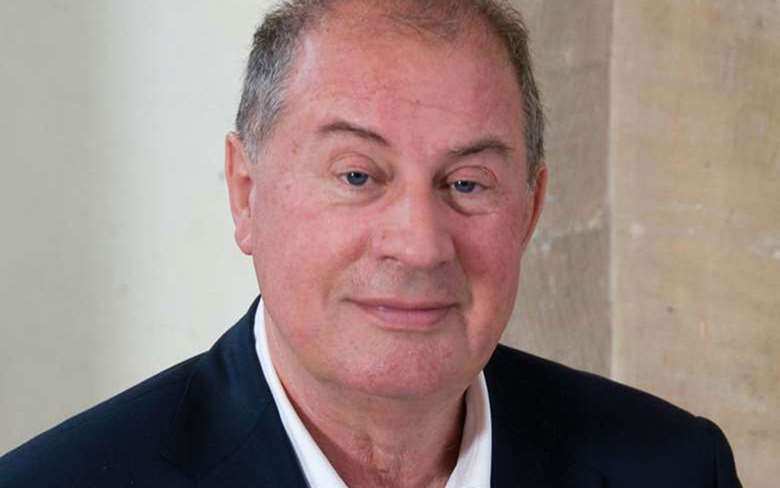James Bowman (1941-2023): Obituary
Benjamin Ivry
Tuesday, May 23, 2023
Bowman’s large-scale voice of hypnotizingly satisfying beauty helped revive the art of the operatic countertenor

James Bowman, who died on 27 March at age 81, was more than just a supreme vocalist. Bowman’s large-scale voice of hypnotizingly satisfying beauty helped revive the art of the operatic countertenor, in old and new repertory alike.
Bowman was the first countertenor to perform opera at Glyndebourne, in Cavalli’s La Calisto in May 1970, singing alongside Janet Baker. The critic Winton Dean lauded him as a ‘mellifluous countertenor without a squawk… his voice blended beautifully with Miss Baker's in the duets.’
Dean was likewise enthused when Bowman performed in the July 1972 premiere of Peter Maxwell Davies's Taverner at Covent Garden: ‘James Bowman in the countertenor part of a debauched priest could hoot to his heart's content like an inebriated owl without inspiring a critical frown; indeed he supplied a welcome touch of humour.’
And in January 1974, reviewing a staging of Handel’s Ottone at Sadler's Wells, Dean noted that Bowman ‘commanded the stage like some Senesino redivivus and despite an occasional hoot gave a splendid account of his bravura aria in Act 3.’
Indeed, with typical self-deprecating wit, Bowman told an interviewer in 2019 that he ‘gave the countertenor voice a new dimension because I could make a lot of noise. I didn’t sound with a little tiny squeak; I thought, “I’ll come on and be butch.”’
However, Bowman added, ‘I’m not a natural actor. I tend to come on as if I were announcing the last train.’ Composers disagreed, among them Benjamin Britten, who cast Bowman in the role of the Voice of Apollo in Death in Venice, and delightedly revived his Midsummer Night’s Dream when Bowman was available to sing the role of Oberon.
So masterful was Bowman’s approach that he may have been placed somewhat prematurely in a paternal role as advisor of younger countertenors aspiring to the opera stage. Frank Dobbins, an expert on French song, remarked in 1980 that Bowman, since the death of Alfred Deller, had become ‘something of a father figure, having exercised his powerful and expressive countertenor in public for over 25 years.’
Bowman’s readily dispensed advice, the younger German countertenor Andreas Scholl would later recall, included a 1998 warning: ‘Don't start opera too early. If you are thirty-five and you are singing your first opera, they will still write about you as the young countertenor.’
Yet the American critic Will Crutchfield fretted in February 1986 after a rendition of Handel’s Ariodante at Carnegie Hall that Bowman appeared to lack the ‘vocal resources for dramatic roles in a large hall with orchestra; he is very good, but spent the whole night here feinting and dodging.’
Less pugilistically minded, in May 1992, musicologist Donald Burrows opined that Bowman, in a recording of Handel’s Orlando, ‘sometimes takes the lyrical rather than the dramatic path in his interpretation of Orlando himself, but I am not disposed to argue with the result.’
Nor would any opera lover dispute Bowman’s majestic achievement.








